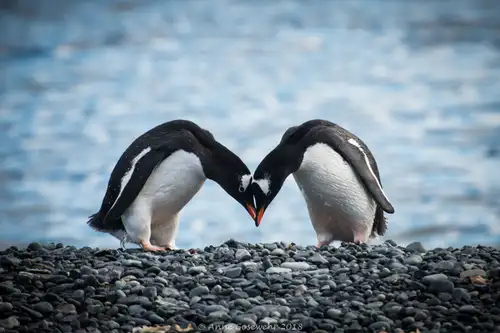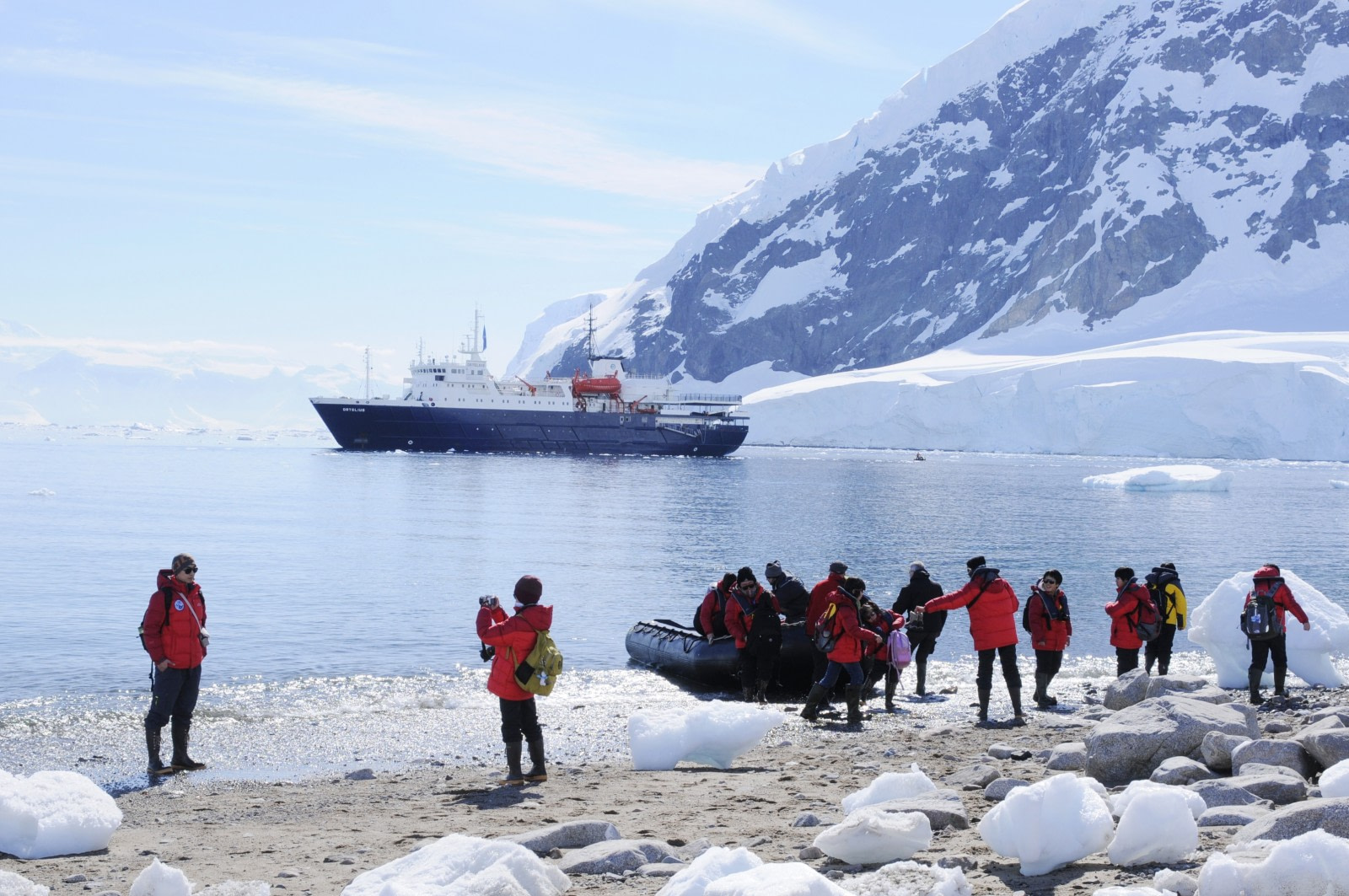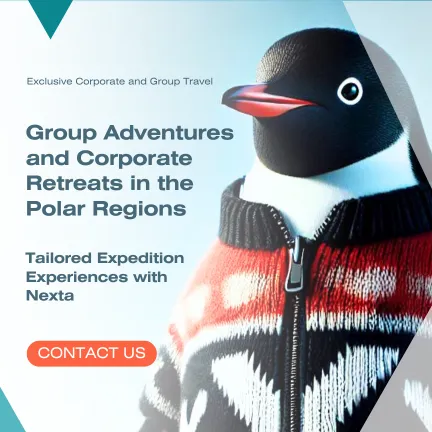Unless you’re a scientist, there’s no such thing as a means-to-an-end trip to Antarctica.
Merely being there is reason enough to make the journey - even, we wager, for most scientists who travel to Antarctica solely for research. Still, there are numerous things you can do to maximize your Antarctic experience.
Here are seven of our time-tested selections.
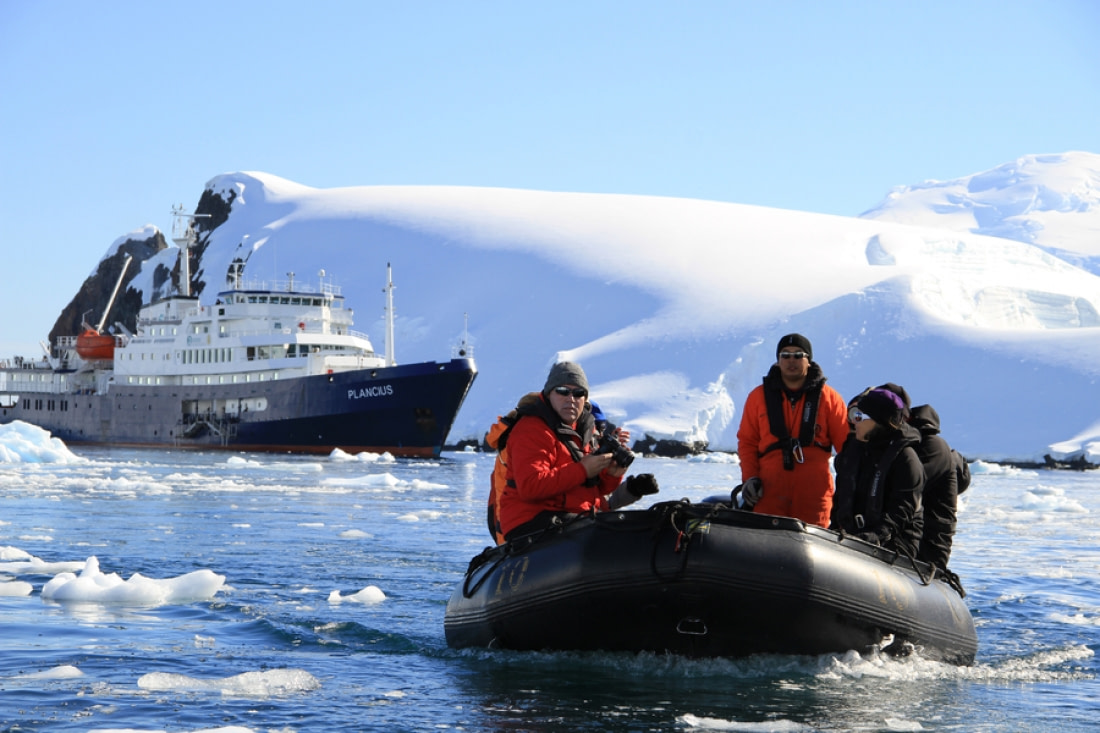
1. Cross the Antarctic gateway: the Drake Passage
Let’s start with a no-brainer.
As most Antarctica cruises require you to sail the Drake Passage (crossing from Argentina to the Antarctic Continent), this is the one part of this list that is generally unavoidable.
This is a good thing. While sailing the Drake, you’ll see a voluminous cast of seabirds not possible for those who fly to Antarctica.
You’ll also win a sense of accomplishment, having undergone the Antarctic “rite of passage.”
For those of you prone to seasickness, your Drake Passage crossing may require a few meds and an optimistic mindset. For all other, you’ll be happy to know this expansive waterway is the most traveled sea route in the history of Antarctic discovery.
So stock your pills, read your Shackleton, and do not go gentle into that blue dawn.
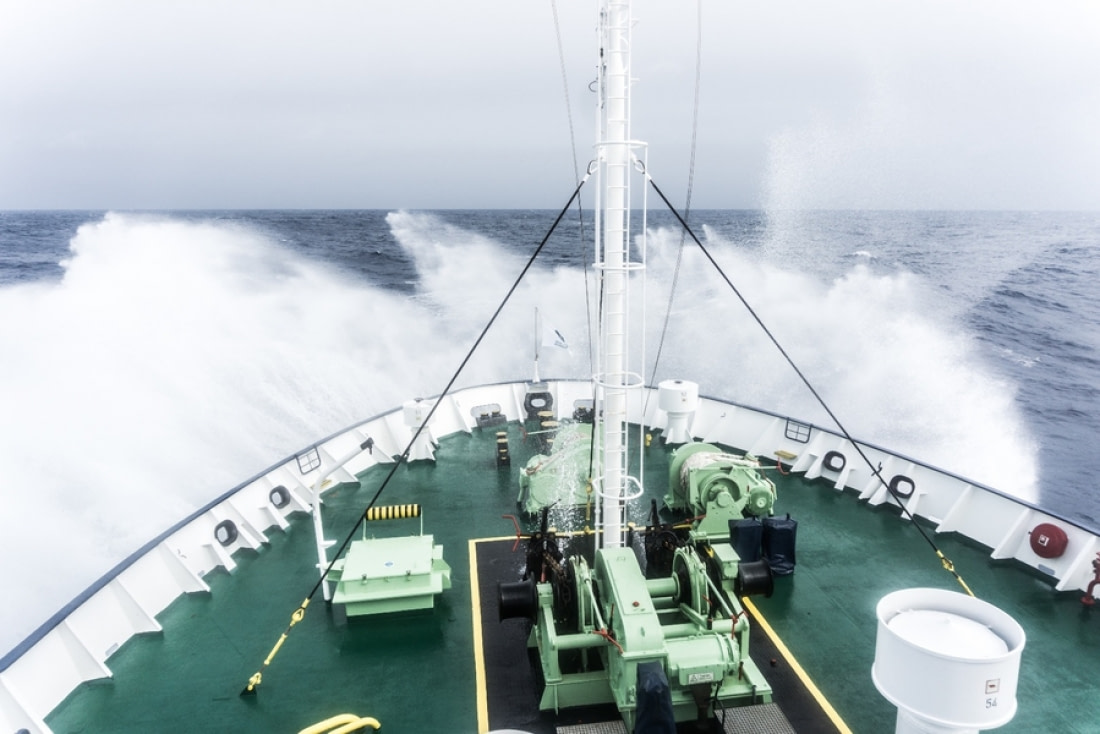
2. Watch Antarctic whales from a ship or Zodiac
Humpback, minke, blue, orca, sei, fin… The list goes on.
Boating to, from, and around Antarctica (whether in an ice-strengthened vessel or Zodiac) will give you the chance to spot several species of whale. As evidence, check out our extensive supply of whale-watching cruises.
The question now is, will you bring a decent camera and finely tuned photography skills to Antarctica to preserve the moment in pictures?
Remember, time and tide wait for no one. And neither do whales.
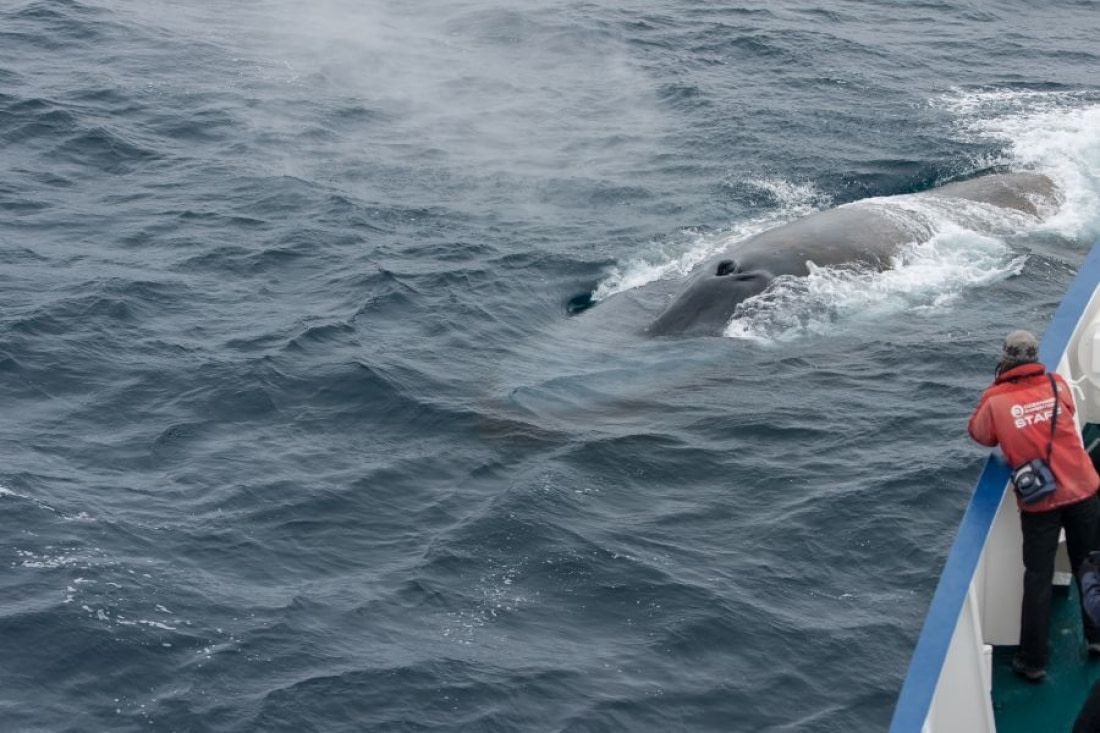
3. Kayak Antarctica’s crystalline bays
If you’re craving close contact with icebergs, ice floes, and icy Antarctic seas, nothing delivers these better than kayaking – except maybe a scuba diving, but we’ll cover that later.
If you’re not quite ready for the plunge, however, try a kayak. It’s warmer.
Our veteran guides will show you around the polar seas, where you’ll get views of Antarctica only enjoyed by a few lucky travelers and the more curious marine mammals. Soak up the silence, breathe the bracing air, and glide by the power of your own arms.
4. Make pals with a few hundred penguins
More so even than whales, Antarctica is famed for its prime penguin population.
Just about everywhere you go there, penguins are usually not far away. And some places have these flightless birds in spades, supporting breeding colonies that number in the thousands.
In fact, we have Antarctica trips neatly categorized by the penguin species you’re likely to encounter: gentoos, Adélies, kings, chinstraps, you get the idea.
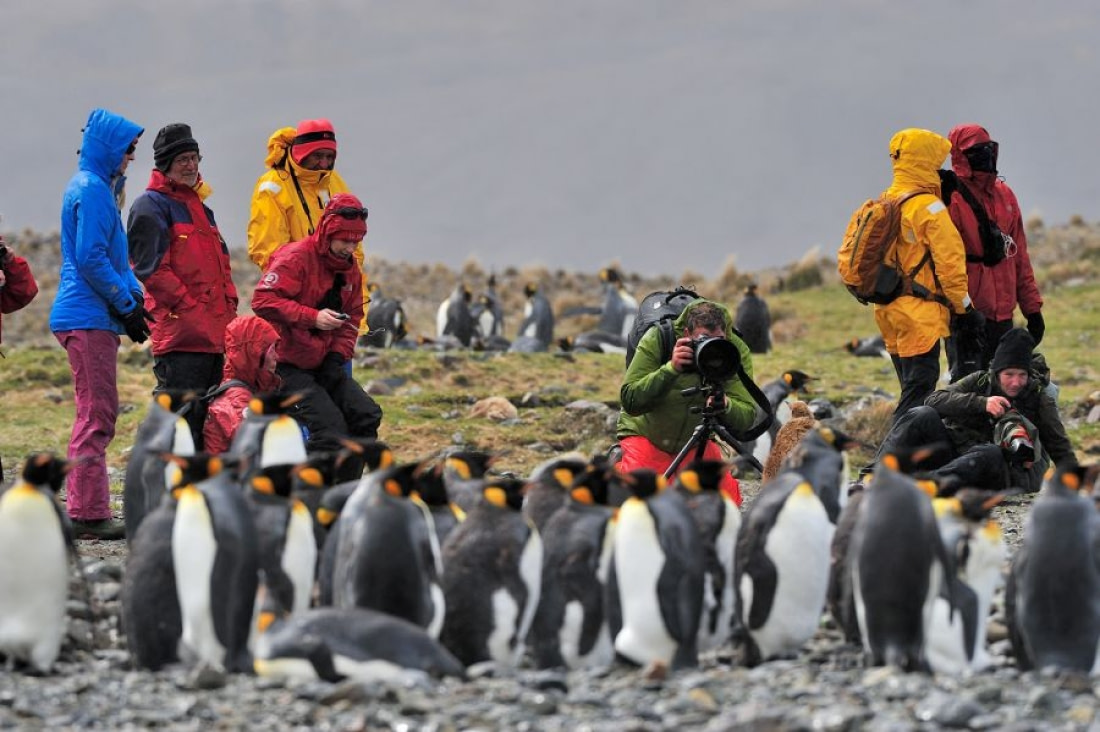
5. Camp under the Southern Hemisphere stars
Remember that part about reading Shackleton? Antarctic camping lets you live like Shackleton.
Actually, Shackleton had it much worse most of the time. But hey, we’re selling expedition cruises, not torture simulations. When you camp with us, you’ll have as much comfort as a snow dugout and mummy bag can afford.
And just watch that Southern Cross twinkle in the polar sky…
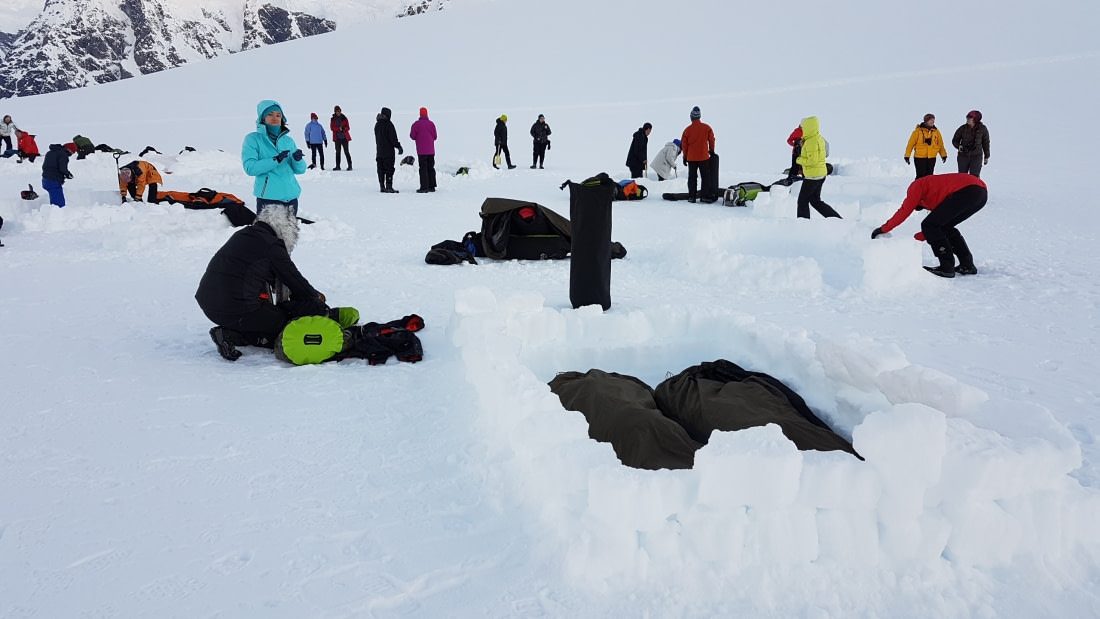
6. Soar over the Antarctic sea and snow in a helicopter
Why just walk when you can also sail, why just sail when you can also fly?
On select Antarctica voyages, such as some of our Weddell and Ross Sea cruises, you can survey the far southern icescapes from a seabird’s-eye-view.
Join one of our helicopter groups and let our pilots astound you with soaring aerial sweeps of the Antarctic wilderness. If you think it looks amazing standing along its shoreline, you won’t believe how it looks several hundred meters above it.
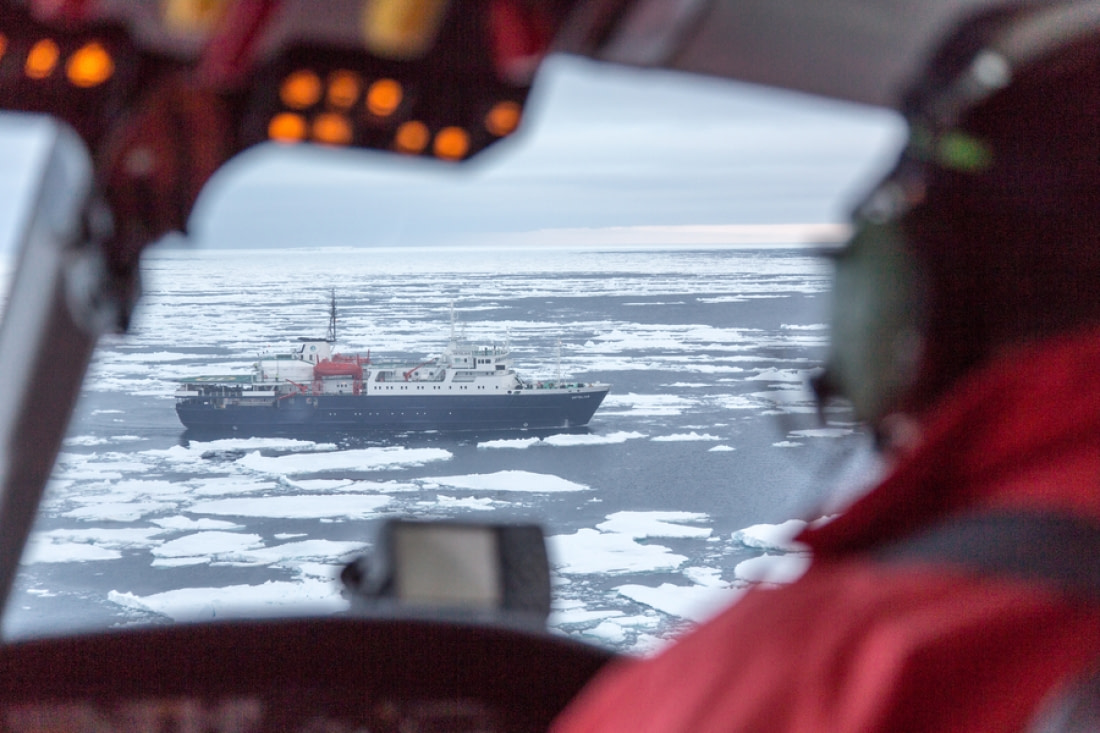
7. Take the true polar plunge: Antarctica scuba diving
Kayaking is great, camping is a blast, but there are few activities that divide the certified snow fiend from the ordinary Antarctic traveler so completely as polar scuba diving.
And not just anyone can do it, at least not without a lot of practice.
Due to their inherent difficulty, we require you to have logged at least 30 dry-suit cold-water dives before joining our dive programs. If you have this documentation, good on you! Suit up, strap in, and see a whole new world of Antarctic colors and creatures.
If not, keep diving and tell us the moment you’re ready. We have a number of thrilling Antarctica dive voyages you’ll find well worth the wait.
Our dive masters (who represent a combined 200 years of experience) will vouch.
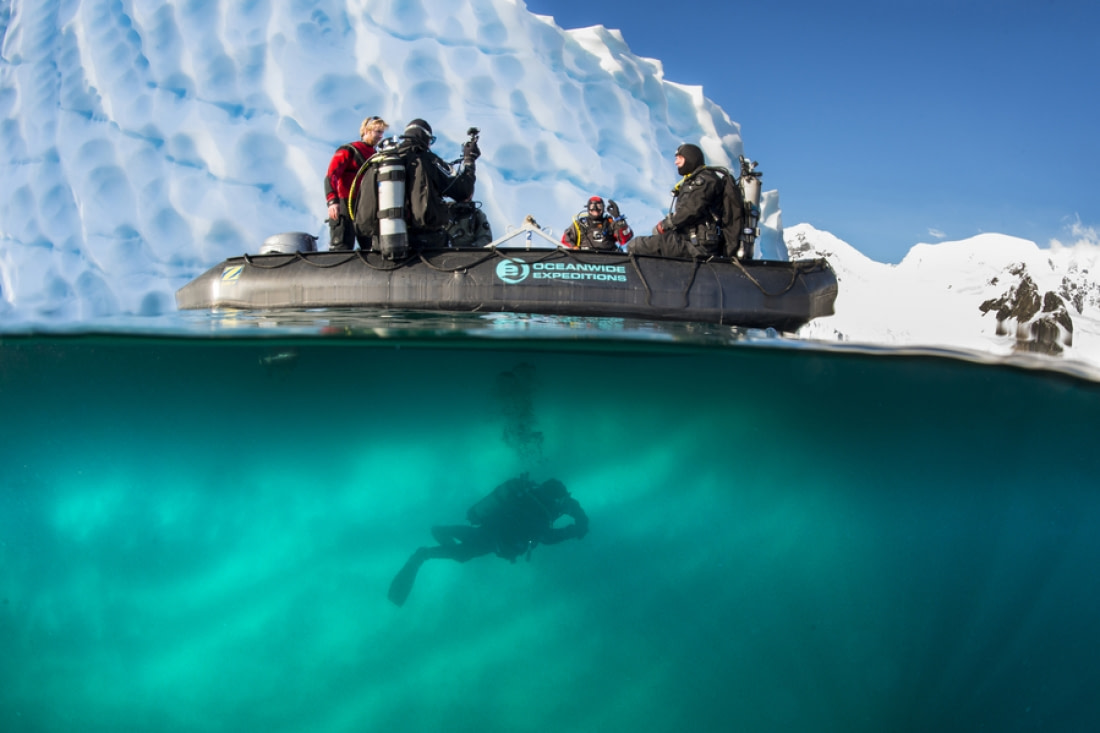
Blog


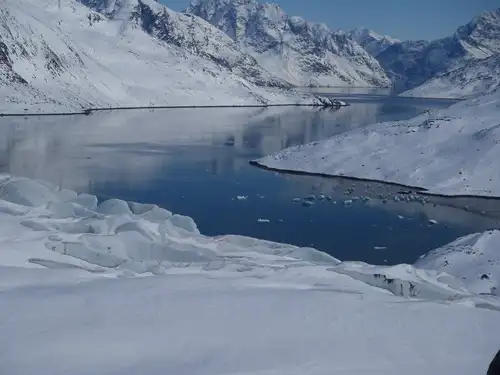
8 Scientific Wonders of the Arctic
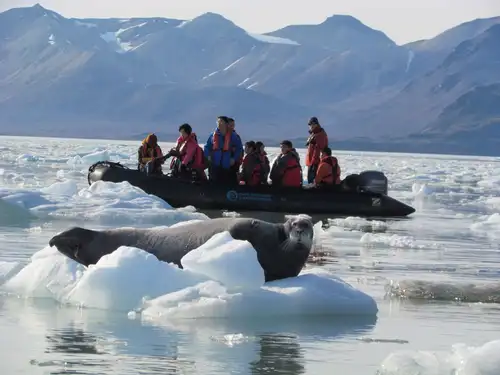
Six Seal Species You Might See On Your Greenland Cruise
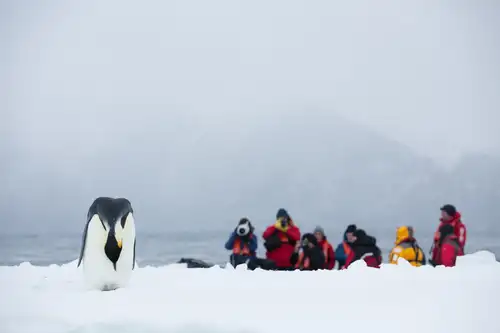
Five Reasons You Should Cruise the Ross Sea Immediately

Why a Polar Diving Cruise Should be Your Next Great Decision

Of Treacherous Rocks & Audacious Fin Whales

The Research Stations of Antarctica and the sub-Antarctic
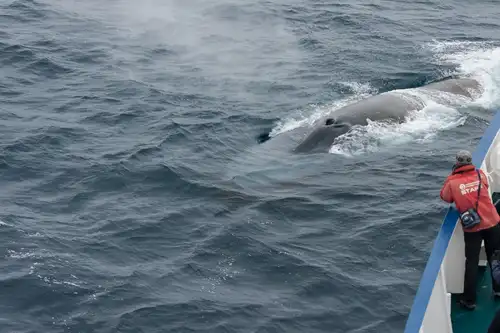
10 Bountiful Blue Whale Facts
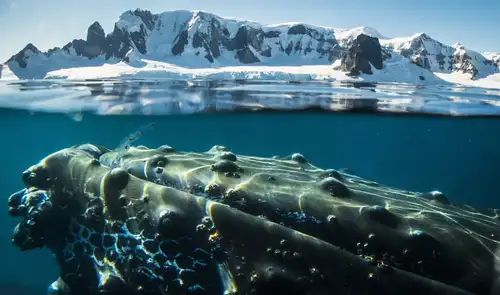
Baleen Whales – The Gentle Giants of the Ocean
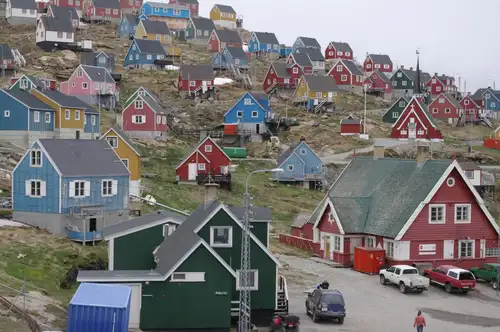
10 Traits of Post-Ice-Age Greenland

The disastrous expedition in the Arctic west
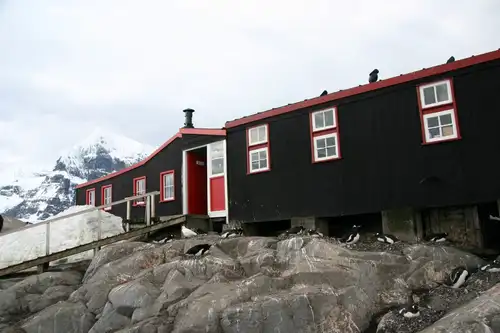
Port Lockroy: History, Post Office, and Resident Penguins
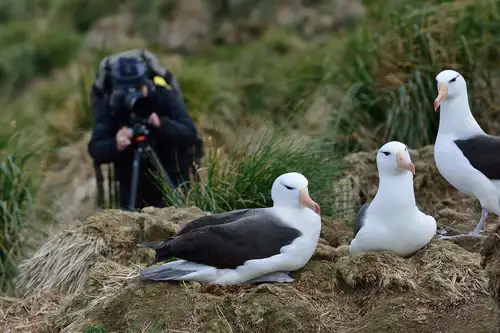
15 Falkland Islands Bird Photos
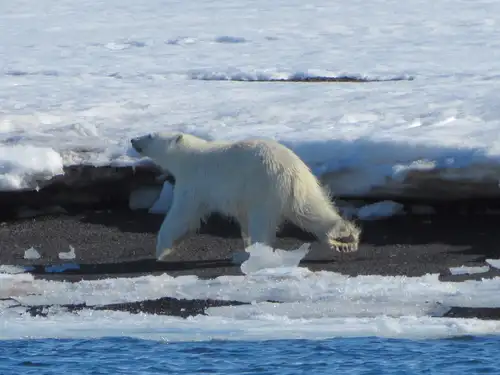
Polar bear feast

The Best Arctic and Antarctic Trips for Families

Orcas of the Polar Seas

Around Spitsbergen vs. North Spitsbergen

The World Is Changing for Greenland's Native Inuit People
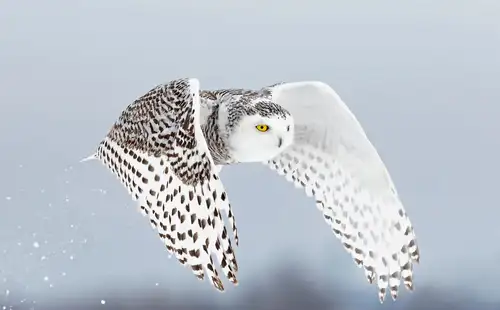
Secrets of the Snowy Owl: Habitat, Adaptations, and Other Facts
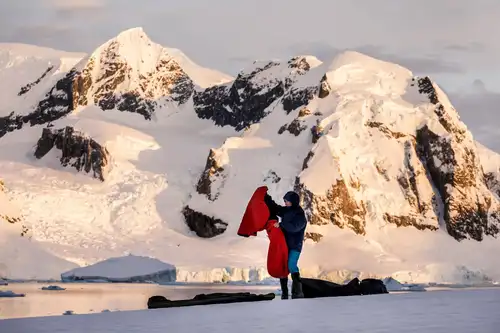
Camping in Antarctica: a True Expedition Experience
